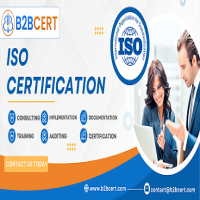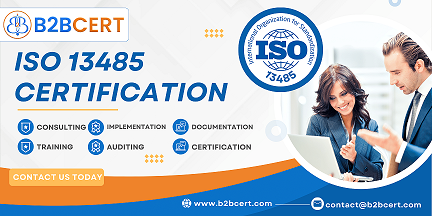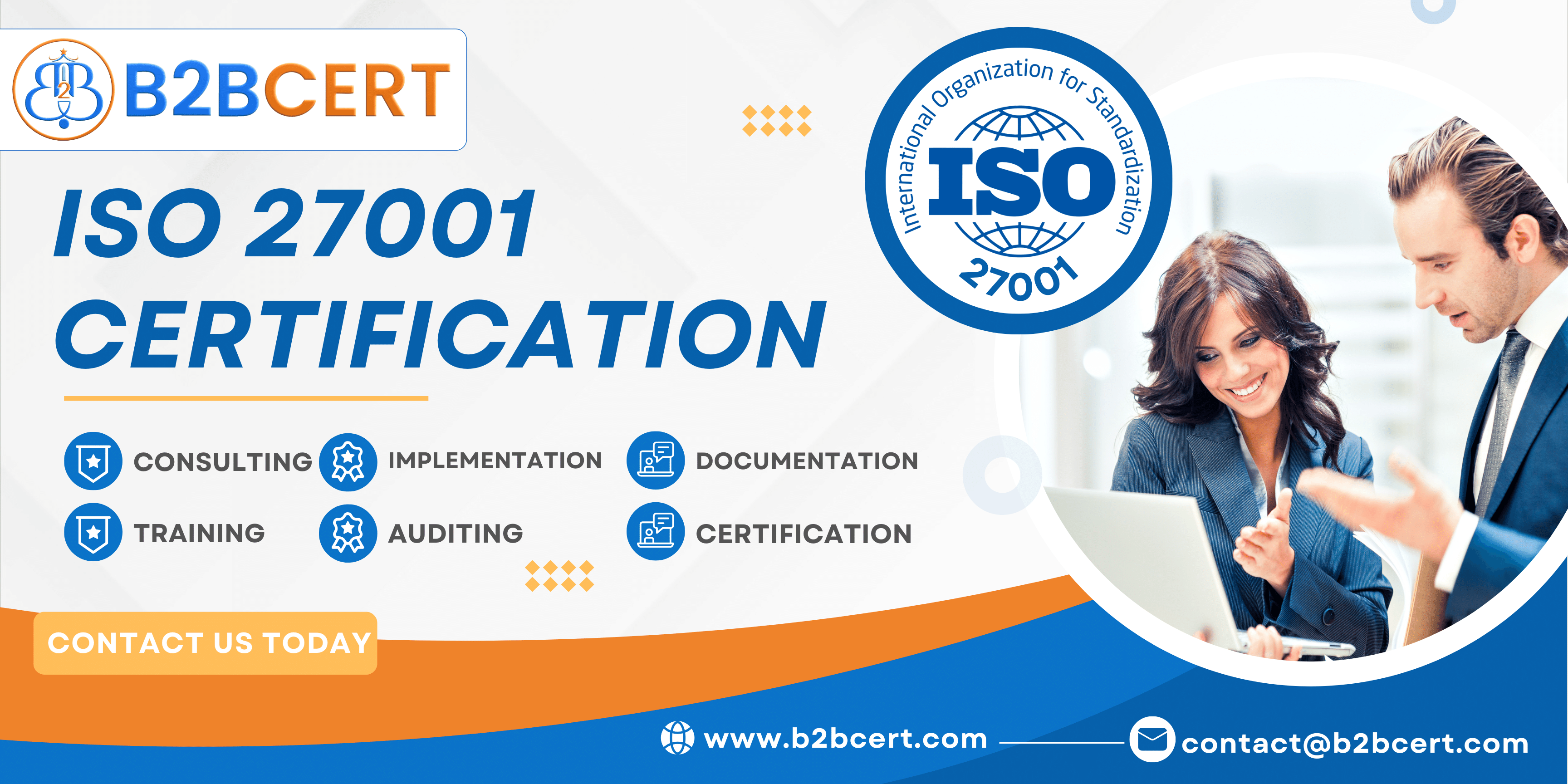What Roles Do Management Play in Maintaining an ISMS?

An Information Security Management System (ISMS) is not a one-time setup—it requires continuous oversight, leadership, and commitment to remain effective. At the heart of a successful ISMS lies strong management involvement. Without active participation from top leadership, even the most robust ISMS frameworks can falter.
Organizations pursuing ISO 27001 Certification in Bangalore must understand that leadership is not just a checkbox in the ISO 27001 standard. It is a foundational element that influences how security policies, procedures, and controls are implemented, monitored, and improved. This blog will explore the essential roles management plays in maintaining an effective ISMS and how their involvement impacts long-term compliance and organizational resilience.
1. Setting the Direction and Leadership Commitment
Top management is responsible for setting the tone for information security throughout the organization. Their commitment influences company culture, employee awareness, and the allocation of resources for ISMS maintenance.
Key responsibilities include:
Defining the ISMS scope and aligning it with business goals.
Approving the information security policy.
Promoting continual improvement and a risk-aware culture.
Demonstrating leadership and accountability in protecting information assets.
For businesses seeking ISO 27001 Services in Bangalore, demonstrating leadership commitment is a primary requirement during audits and assessments.
2. Allocating Resources
A well-maintained ISMS demands continuous investment in terms of time, finances, tools, and human resources. Management must ensure that appropriate resources are allocated for the effective functioning of the ISMS.
This includes:
Budgeting for regular internal audits and risk assessments.
Hiring or appointing competent ISO 27001 Consultants in Bangalore.
Investing in training and awareness programs for staff.
Ensuring proper infrastructure and technological support for ISMS processes.
Without adequate resources, even the most comprehensive ISMS plans can become ineffective.
3. Defining Roles and Responsibilities
ISO 27001 requires clarity in assigning roles and responsibilities related to information security. Top management is responsible for ensuring that this clarity exists.
They must:
Appoint an ISMS Manager or Chief Information Security Officer (CISO).
Delegate responsibilities for managing specific security controls and processes.
Ensure accountability is embedded at all organizational levels.
Integrate ISMS roles into job descriptions and performance indicators.
Effective delegation ensures that the ISMS is not dependent on a single individual and remains sustainable over time.
4. Risk-Based Decision-Making
Risk assessment and treatment are at the core of ISO 27001. Management plays a critical role in defining the organization’s risk appetite and ensuring that all major decisions are aligned with the risk management framework.
This involves:
Approving risk assessment methodologies and criteria.
Participating in risk treatment decisions for high-impact risks.
Reviewing the effectiveness of controls and residual risks regularly.
For companies pursuing ISO 27001 Certification in Bangalore, demonstrating a structured, risk-based approach is vital to meet the standard’s requirements.
5. Monitoring and Reviewing ISMS Performance
Management must continuously monitor the performance of the ISMS and make decisions based on data-driven insights. Regular reviews help ensure the ISMS remains aligned with evolving business and regulatory needs.
Management reviews include:
Analyzing audit findings, incident reports, and non-conformities.
Reviewing the effectiveness of security objectives and KPIs.
Deciding on corrective and preventive actions.
Identifying opportunities for improvement.
Periodic management reviews are mandatory for ISO 27001 compliance and are scrutinized during external audits.
6. Driving Continual Improvement
ISO 27001 emphasizes continual improvement, and management plays a central role in driving it. They are expected to foster a culture that encourages innovation, learning, and enhancement of security practices.
They can promote continual improvement by:
Encouraging feedback from employees and stakeholders.
Supporting corrective and preventive actions.
Promoting the use of new technologies and automation to enhance the ISMS.
Rewarding good practices and compliance behavior.
Engaging experienced ISO 27001 Consultants in Bangalore can also help management identify gaps and improvement areas that may not be evident internally.
7. Ensuring Compliance and Legal Requirements
An ISMS must comply with all applicable laws, regulations, and contractual requirements. Management must ensure that these obligations are clearly identified and integrated into the ISMS.
Their role includes:
Staying informed about legal changes related to information security.
Ensuring the organization has mechanisms for compliance tracking.
Supporting audits, investigations, and regulatory inspections.
With rising cybersecurity threats and data protection regulations, organizations in Bangalore are increasingly relying on ISO 27001 Services in Bangalore to stay compliant and secure.
8. Promoting Awareness and Training
Information security is a shared responsibility. Management must ensure that employees understand the importance of their role in protecting information assets.
They must:
Initiate and fund security awareness programs.
Monitor the effectiveness of training sessions.
Encourage a security-first mindset across departments.
A well-informed workforce significantly enhances the effectiveness of ISMS controls.
Conclusion
In conclusion, the role of management in maintaining an ISMS goes far beyond formal approval or budget sign-off. Their involvement is strategic, continuous, and essential to achieving the goals of information security. From setting the direction to ensuring continual improvement, management's influence permeates every layer of the ISMS.
For organizations aiming to achieve or sustain ISO 27001 Certification in Bangalore, the leadership team must actively participate in the ISMS lifecycle. Collaborating with professional ISO 27001 Consultants in Bangalore and investing in expert-led ISO 27001 Services in Bangalore can further empower leadership to build a secure, resilient, and compliant organization.
Note: IndiBlogHub features both user-submitted and editorial content. We do not verify third-party contributions. Read our Disclaimer and Privacy Policyfor details.




